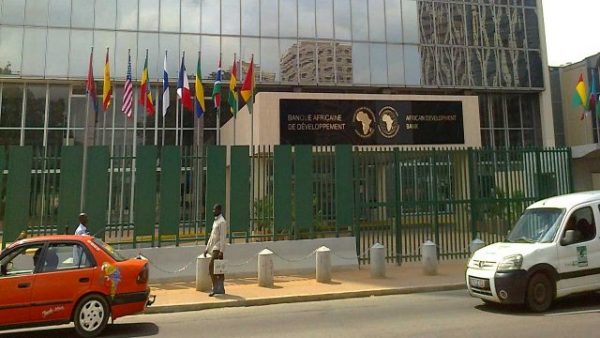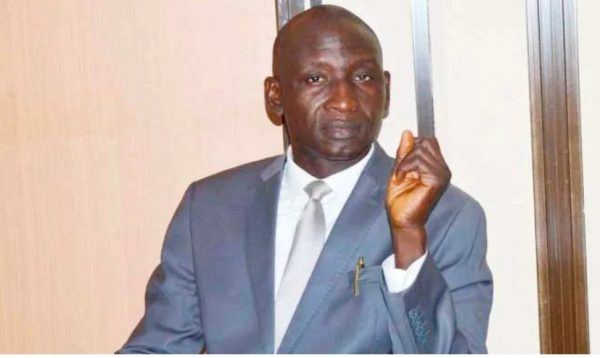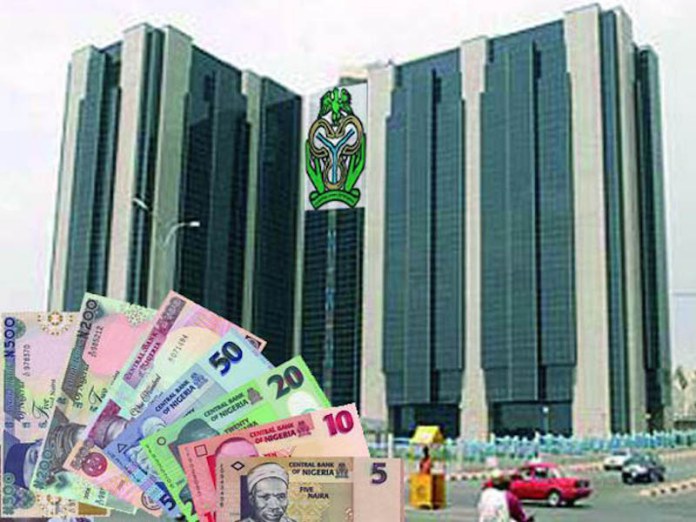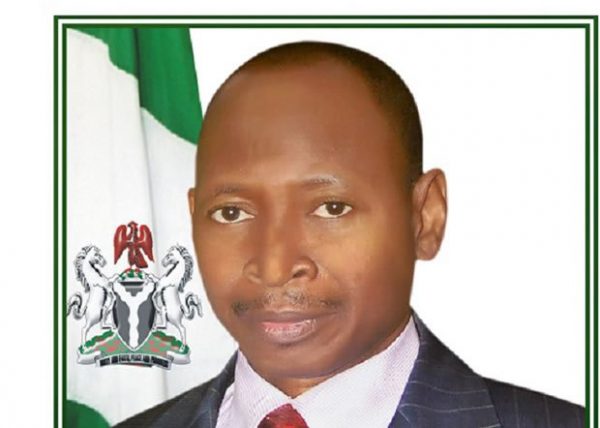AfDB restates warning on rising debts among African nations
 Reinvests $103m earnings in business development
Reinvests $103m earnings in business development
Despite the low international debt threshold of many African countries, Nigeria inclusive, a message from the African Development Bank (AfDB) the weekend was that of caution and pursuit of growth with escalated obligations.
Nigeria may well benefit from the advice, going by the assessed yearly borrowings in excess of N1.5 trillion in the last four years and projection of N1.9 trillion in the current year.
The Director of Service Delivery, Performance Management and Results at AfDB, Simon Mizrahi, while speaking on Africa’s future, underscored the need to harness the continent’s incredible potential in renewable energy.
The warning was given during the bank’s financial presentation on Thursday, at the 2019 yearly meetings in Malabo, Equatorial Guinea.
Admitting that Africa’s debt has increased in recent years, “but not to unsustainable levels, pleaded for caution to avoid undesirable outcome in the near future.
“We need to continue to generate financing and spur growth without increasing debt,” he advised.
He said that Africa is the most vulnerable continent and suffers the most from climate change, raising the hopes that
“with the right vision, investments and political commitments, it can lead a global energy revolution and leapfrog to renewable technologies.
“This is why the bank is putting its money where its mouth is and investing more than any other development Bank in helping the continent transition towards more resilient and sustainable economies.”
Also speaking on the African Continental Free Trade Agreement (AfTCA), which he said, was ushering a new era in intra-African trade, Mizrahi noted that the initiative is paving the way for the world’s largest free trade area with an integrated market of 1.3 billion consumers.
“This is important because Africa will struggle to be competitive at the global scale, if it continues to operate as 54 fragmented economies.
“The continent needs to be more integrated, it needs larger economic spaces so that Africa can attract more investors, create more and better jobs, boost internal trade and create continent-wide value chains that are globally competitive,” he added.
Meanwhile, the bank said it earned $214 million in allocable income, out of which 48 per cent (about $102.7 million) has been reinvested in the institution to reinforce reserves and its business growth capacity
The bank Group’s Treasurer, Hassatou Diop N’sele, who made the disclosure during the lender’s yearly meetings, said the institution remains strong with growing operating revenues and allocable income reaching $2.5 billion to date since 2010.
N’Sele noted that the bank could chart a new path on account of its ability to raise funds on the capital markets.
“The amount of infrastructure financing covered by private sector could double if African countries harness the full potential of their capital markets.”
According to him, a number of African countries could save as much $1 billion on a 20-year loan, if they borrow from the African Development Bank, instead of from the Eurobond market, due to preferable lending rates.







